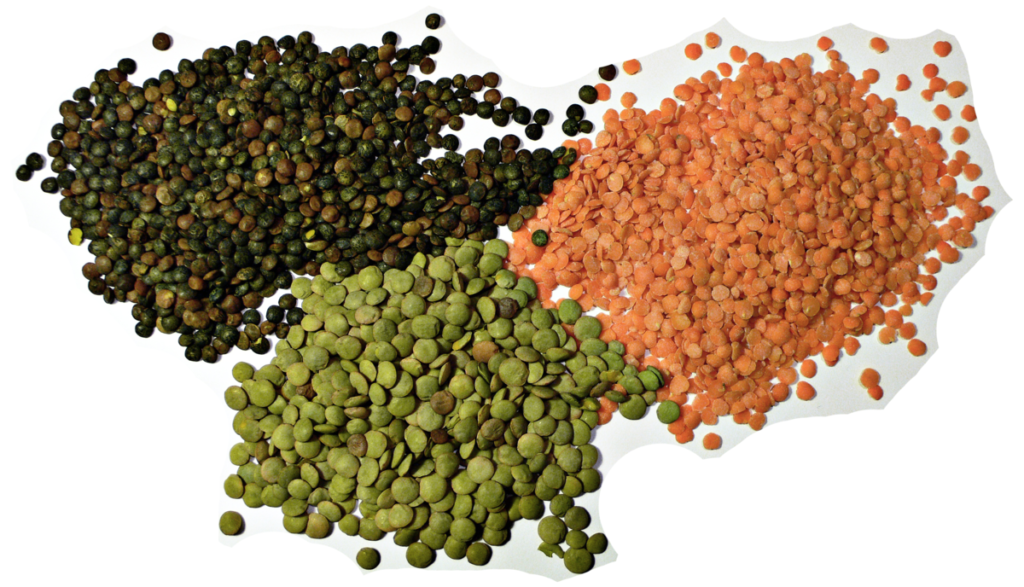A recent foodomics study reported that the presence of legumes such as peas or lentils in the diet may contribute to the development of dilated cardiomyopathy in dogs.
Dilated cardiomyopathy (DCM) is the most common heart disease in dogs. This disorder causes the chambers of the heart to enlarge and pump blood less effectively. So, dogs may face congestive heart failure or unexpected death.
Historically, it is known that the disease mainly affects large breed dogs and Cocker Spaniels. However, in 2018, United States Food and Drug Administration (FDA) officials reported that they began receiving reports of DCM regarding dogs of other breeds as well. Additionally, in 2020, the FDA said it had received approximately 1,100 reports of adverse events linked to DCM since January 2014 and plans to collaborate with researchers on studies of non-hereditary DCM, including its possible link to diet.
FDA representatives reported that more than 9 out of 10 dogs with DCM identified in the reports were fed diets rich in peas, lentils, or both, and in this regard, a study was initiated to evaluate the association between nine diets associated with dogs with DCM.
Studies involving the discovery and comparison of biochemical compounds in foods, similar to studies on all metabolites in body fluids or tissues (metabolomics), are defined as “foodomics” and is an important field of study today; in other words, the metabolomic approach to food. Therefore, researchers identified, measured and compared the concentrations of 830 biochemical compounds in foods in diets in order to shed more light on the link between diet and the development of disease.


Researchers have found that diets associated with DCM have lower levels of B vitamins related to cardiac metabolism and synthesis of carnitine and taurine. Additionally, diets associated with DCM also have higher concentrations of amino acids, amino acid derivatives, and plant-derived compounds; suggested that some of these may contribute to deficiencies in molecules essential for cardiac function by affecting carnitine metabolism. On the other hand, given that dietary taurine deficiency in cats is a cause of DCM, when researchers examined its concentration in different feeds, they found no significant taurine-related differences for dogs.
In conclusion, some components were identified that contributed to the biochemical differences between diets. Peas and, to a lesser extent, lentils appear to be major sources of high concentrations of certain biochemical compounds in diets associated with DCM. Although researchers cannot definitively determine whether any of these compounds and components are the cause of the disease, their findings indicate that peas may be the main component associated with dietary DCM in dogs.
Further reading: Smith, C.E., Parnell, L.D., Lai, CQ. et al. Investigation of diets associated with dilated cardiomyopathy in dogs using foodomics analysis. Sci Rep 11, 15881 (2021). https://doi.org/10.1038/s41598-021-94464-2
Published on: 23 December 2021Edited on: 13 October 2022

